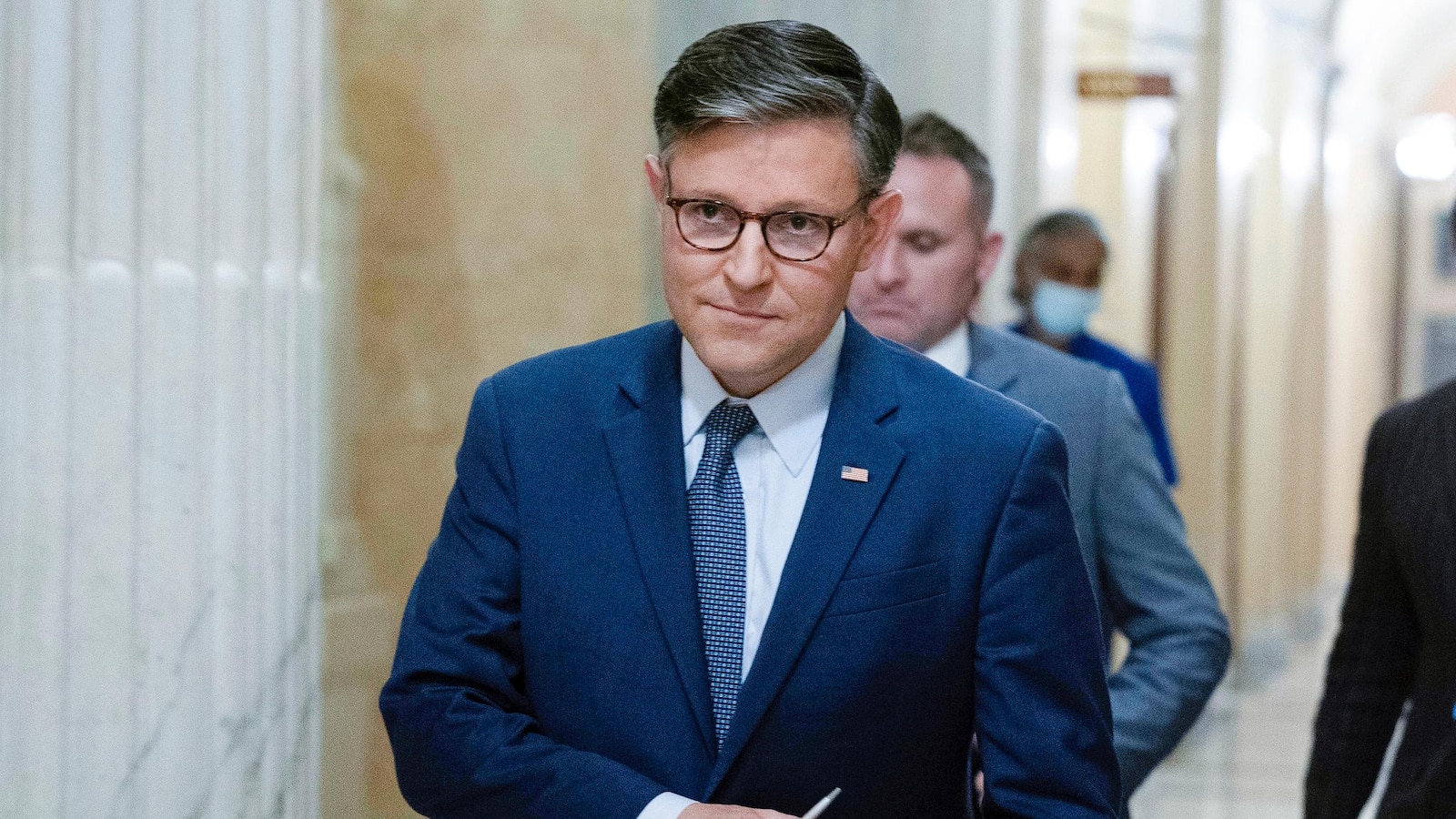**Spending Deal Averts Federal Shutdown, Funds Government Through December**
WASHINGTON – A bipartisan agreement on government funding was reached in the early hours of Friday, averting a potential government shutdown and providing funding for federal agencies through December. The deal, which was approved by both the House and Senate, includes a significant increase in spending for defense and domestic programs.
The agreement was a major victory for President Biden, who had been pushing for increased funding for his priorities. The deal includes funding for a number of key initiatives, including infrastructure projects, funding for the fight against climate change, and support for social programs.
“This agreement is a major win for the American people,” said President Biden in a statement. “It will help us to rebuild our economy, create jobs, and invest in our future. I am grateful to the members of Congress on both sides of the aisle who worked together to make this possible.”
However, the agreement also faces criticism from some lawmakers who argue that the spending levels are too high. Republicans, in particular, have expressed concern about the increase in domestic spending.
“This deal is irresponsible and unsustainable,” said House Minority Leader Kevin McCarthy (R-CA). “It will add to the national debt and will leave future generations with a mountain of debt.”
Despite the criticism, the deal was ultimately passed by both chambers of Congress. The agreement now heads to President Biden’s desk for his signature.
The agreement marks the end of a protracted budget battle that spanned several months. The House and Senate had been unable to reach a deal on government funding for several weeks, leading to concerns that a shutdown was imminent.
The passage of the spending deal will allow federal agencies to continue operating without interruption through the end of December. It will also provide much-needed funding for a number of important programs. However, the debate over government spending is likely to continue, as both parties are already looking towards next year’s budget negotiations.

